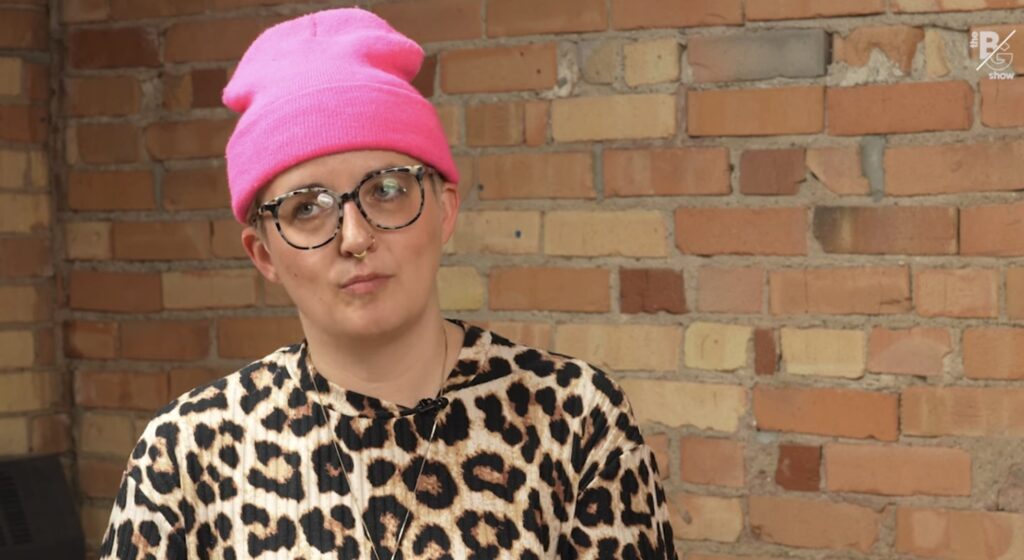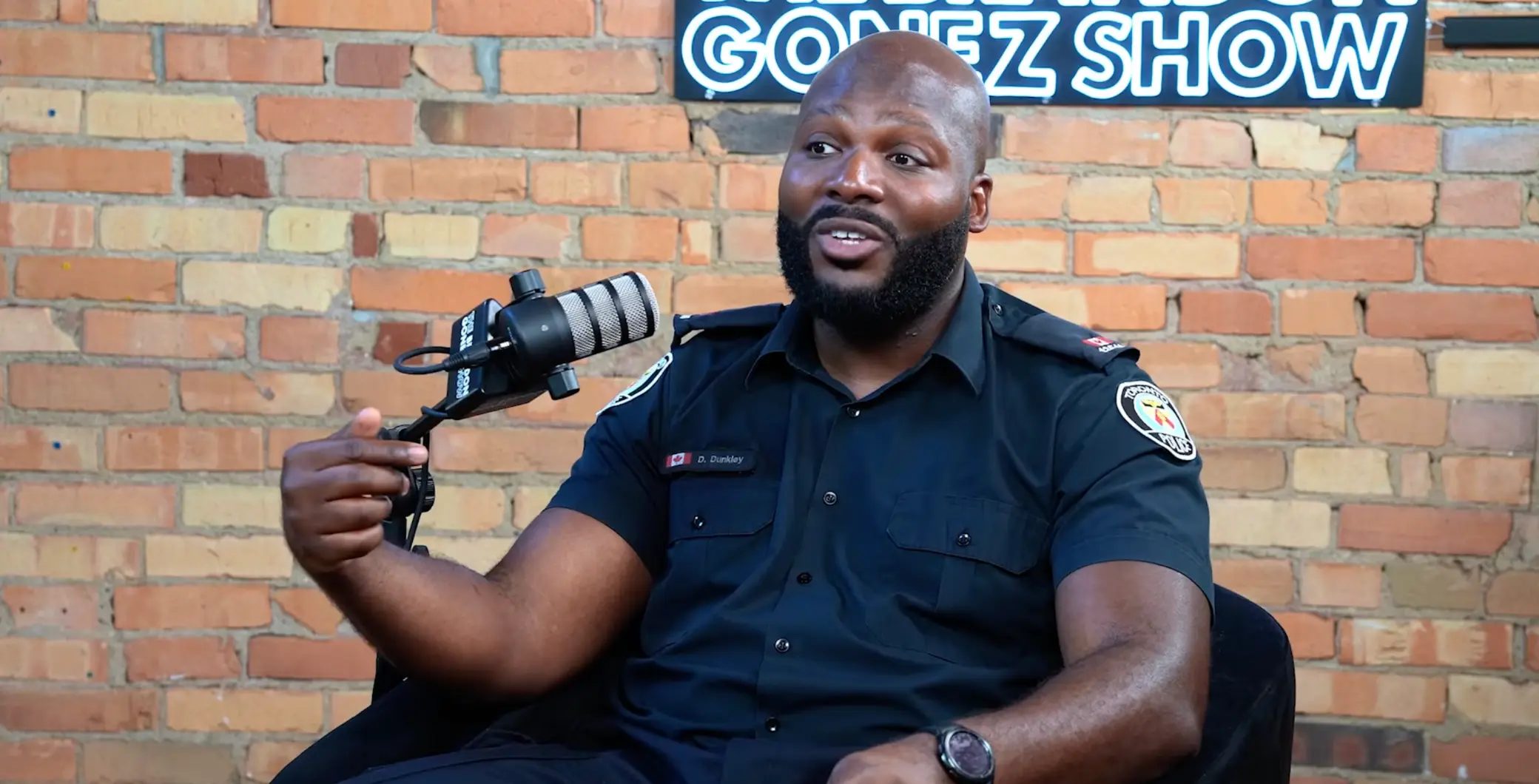TORONTO – March is Endometriosis Awareness Month. To commemorate the occasion, we spoke to a variety of people in Ontario about their experiences living with the chronic pain condition. This included Maia Leggott, who joined us last year to talk about their experience with endometriosis, and how they were planning on having a hysterectomy to further manage their symptoms. We caught up with Maia, who is now two months post-op. We also chatted with Amie Archibald-Varley, a nurse and health equity advocate about why someone with endometriosis may want to have a hysterectomy.
After decades of battling with intense endometriosis symptoms throughout the majority of their body, Leggott had their hysterectomy in January of 2023.
“It was a rollercoaster. Waiting, getting the call, then pushing it… But the experience itself? I’m two months post-op now and I feel amazing,” Leggott said.
“My recovery was quite smooth and I’m already noticing differences in my pain and my general life experience. I had a lot of endometriosis on my uterosacral ligament,” Leggott explained. But having that ligament removed during a hysterectomy meant the pain in that area was suddenly relieved.
Leggott had both a hysterectomy and excision surgery, a procedure where surgeons cut away growth of endometriosis tissue. Despite having their uterus, cervix, and fallopian tubes removed, Leggott still has endometriosis, as a hysterectomy is not a cure for the disease.
“I had excision surgery four years ago and there was still endo to remove this time. So yes, excision surgery is the gold standard and if you have access to it, it’s an incredible privilege. But endo affected my life in so many ways.”
Leggott says that endometriosis has impacted their career, mental health, relationships, and more.
“I didn’t want to live for a very long time and making the decision to have a hysterectomy has nothing to do with my endo and everything to do with how my uterus was causing me a lot of grief.”
“It feels like a black hole. Physical pain like you’re being flipped inside out and your brain knows what’s going on in a sense, but can’t do anything about it. It [feels] very helpless,” Leggott explained.
“When I think about the stretch of my life where I wasn’t taking hormones and was really inundated with symptoms a lot. I think of that part of my life and how everything was sucked out of it,” they continued.
“I was needing to do everything and anything just to make it through the day.”
But slowly, as they continue to recover from the hysterectomy, Leggott explained that there has been so much joy as they return to working, socializing, and enjoying their life with less pain.
Hysterectomy: Medical Professional Explains There are Both Benefits and Risks
Amie Archibald-Varley explained that despite a hysterectomy not being a cure for endometriosis, some people with the disease still choose to undergo the procedure for symptom relief.
“Some may choose to undergo the hysterectomy procedure solely to reduce the pain, bleeding and other serious conditions that may occur related to endometriosis.”
“A hysterectomy is a major surgical operation! Physicians may recommend this form of treatment if all other treatment options have been unsuccessful. Talking to your primary healthcare provider about the various available treatments is always best,” Archibald-Varley explained, adding that at the end of the day, an informed decision is the best decision.
She also explained that there are many risks associated with hysterectomies, especially when they are performed before you have gone through menopause.
“Physicians should always discuss with their patients the risk and benefits of having a hysterectomy before menopause. Your primary care provider can discuss different types of hysterectomies with you and the implications to each type,” Archibald-Varley explained, adding that it is also important to care for your mental health while dealing with pain, and undergoing a hysterectomy.
“Discuss this with your primary care provider if you do experience feelings of depression, sadness, lack of energy/interest in things you once enjoyed- these are signs that you need some additional support.”
Let’s leave some love for these two advocates in the comments below, and make sure you watch this week’s episode of The Brandon Gonez Show, where we dig into what people living with endometriosis have to say about the disease.





